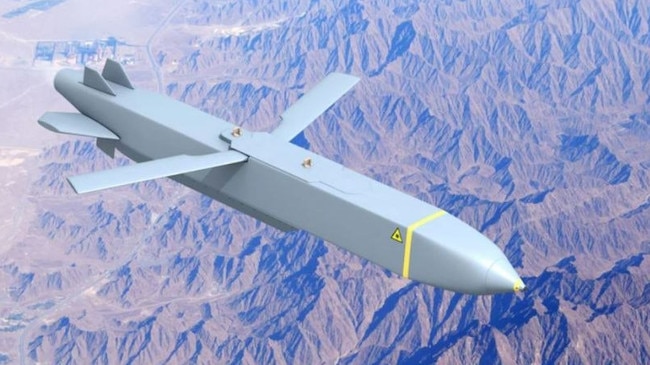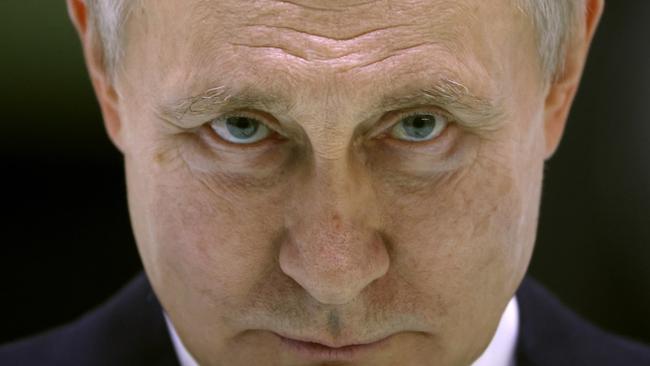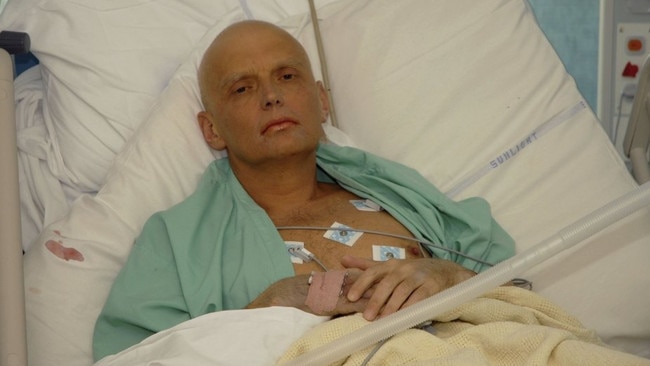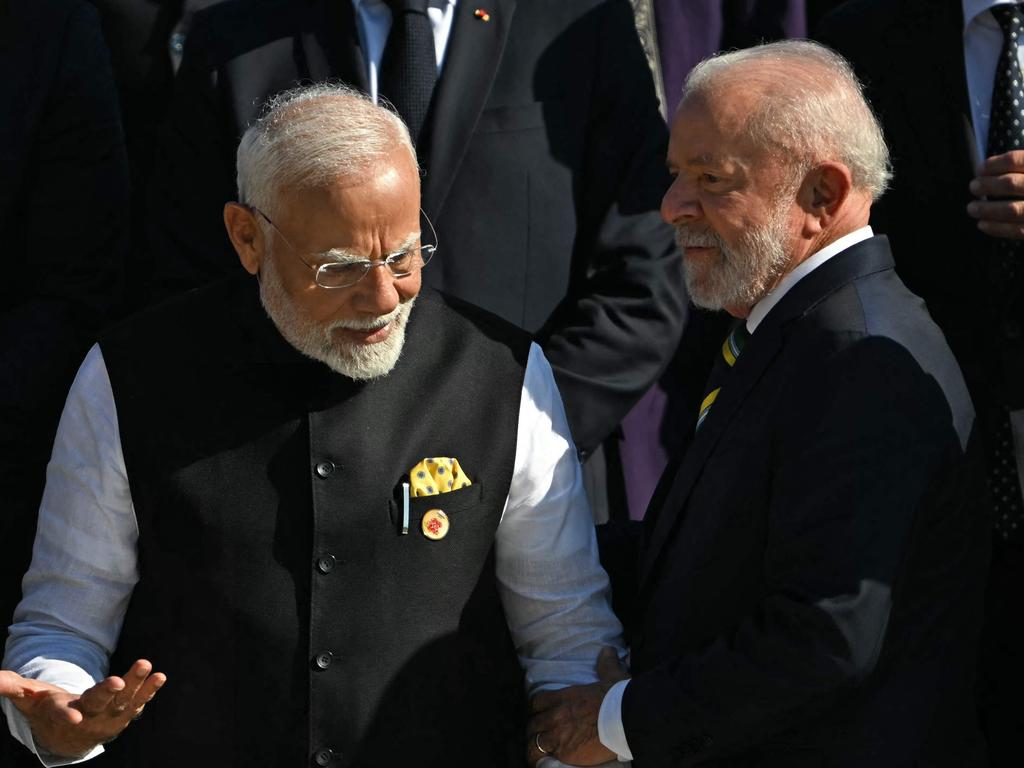Sustained mayhem: How Putin could retaliate to Storm Shadow
Explosive parcels, cyberattacks and poisonings point to how Russia’s might respond to British long-range missiles fired into the Kursk region

Sir Keir Starmer used his closing press conference at the G20 summit in Brazil to drop the heaviest of hints about the use of British-supplied Storm Shadow missiles in Russia.
“We must ensure Ukraine has what it needs for as long as it needs to win this war,” he said. “[But] I’m not going to go into operational matters because there’s only one winner if I do that and that is Putin.”
Less than 24 hours later, as the prime minister was flying back from Rio de Janeiro, the first strikes were confirmed. Russian military bloggers said that 12 long-range missiles had been fired into Kursk, a region partially held by Ukrainian forces. Fragments of metal with the words Storm Shadow stencilled on them were found by residents in the village of Marino and photographs were posted online.
Downing Street is refusing to confirm the strikes officially. The strategy is to avoid unnecessarily provoking Russia with public statements while at the same time demonstrating a clear signal of resolve to redouble support for Ukraine.
Russia is likely to respond. It has already ratcheted up the rhetoric and President Putin has lowered the threshold for nuclear strikes. Although the nuclear threats are regarded as unlikely, they are being taken seriously. Of greater concern is the risk of hybrid warfare: cyberattacks on infrastructure, sabotage, even assassinations. All are in Russia’s repertoire.

On July 22 a parcel caught fire at a DHL logistics centre in Minworth outside Birmingham. Another parcel burnt the contents of a shipping container at a DHL facility in Leipzig, Germany. The parcels contained incendiary devices disguised as electric massage machines using a magnesium-based substance that would have burnt fiercely enough to bring down an aeroplane. They were sent from Lithuania, which has blamed Russian military intelligence.
Russia has little respect for international boundaries. It has been linked to 14 deaths on British soil, including the murder of Alexander Litvinenko in 2006. Sergei Skripal, a former Russian military intelligence officer who became a double agent for the UK, survived after being poisoned with novichok in Salisbury, Wiltshire.
Russia is likely to give further support to Iran and its proxies, while it also has links to criminal organisations. As Ken McCallum, the head of MI5, has said, Russia’s GRU intelligence agency is intent on causing “sustained mayhem on British and European streets”.
The UK has already expelled Russian diplomats for spying, which McCallum said had put a “big dent” in its capabilities here.

Russia, he said, had become more reliant for its “dirty work” on proxies such as criminals and private intelligence agencies. These lack the same professionalism and also diplomatic immunity, increasing “disruptive options” – meaning criminal prosecutions.
The government is also seeking to bolster critical national infrastructure such as power stations, data centres and water supply.
Matthew Savill, director of military sciences at Rusi, a think tank, said: “We should never be blase about the nuclear risk, but that seems incredibly extreme. We could see other forms of escalation and retaliation. The UK security community will be on its guard. They are not afraid to use lethal force or violence overseas or to attempt sabotage.”
From a military perspective, the Storm Shadow missiles are not a game changer. The summer of debate about their use means any element of surprise is long gone.
But in terms of both symbolism and messaging, the move is significant. The question now is how far Putin is willing to go in response.
The Times






To join the conversation, please log in. Don't have an account? Register
Join the conversation, you are commenting as Logout